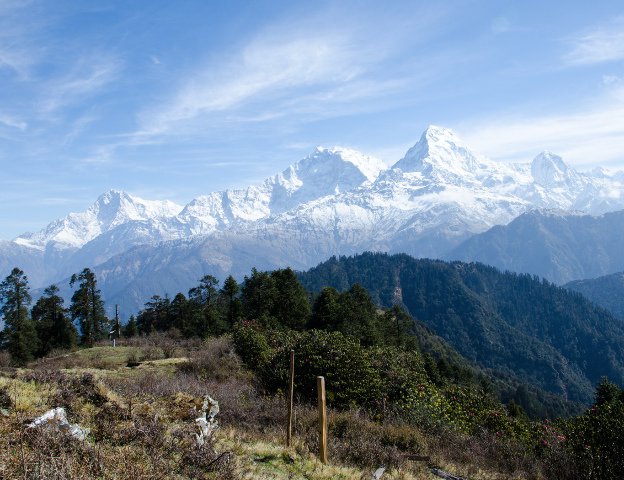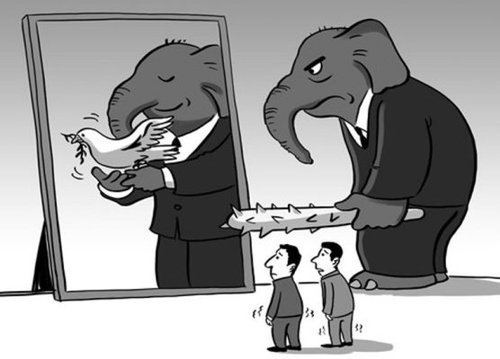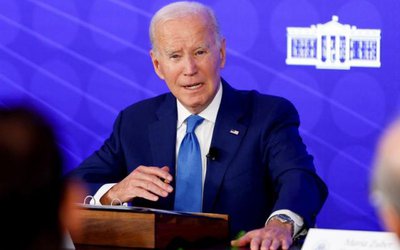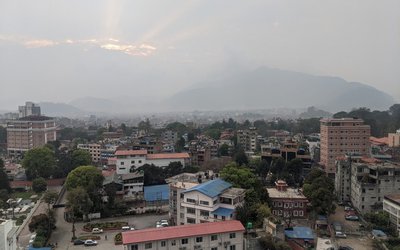
Just a day before the visit of Chinese vice premier to Nepal and just two day after ministerial meeting of BIMSTEC, Chinese official media Global Times resorted that China has also interest in South of the Himalayas.
“India should realize that the southern Himalayas is not its backyard but a common homeland of all regional countries. Only when India returns to a normal mentality and lives on friendly terms with China and its South Asian neighbors under the premise of respecting other countries' territorial integrity can it win security for itself. But if India holds on to a colonist mind-set and goes against the trend of peaceful development, it will face long-lasting strategic pressure,” writes Yu Xihong, a research fellow at the Military Research Center of the College of Political Science, the PLA National Defense University.
This article is significant since it was written by a scholar from PLA’s National Defense University. “The border standoff is an epitome of India's arbitrary acts in the southern Himalayas. For a long time, India has interfered, controlled or even annexed small South Asian sovereign countries such as Nepal and Bhutan under the guise of national security. It views the region as its backyard. With such an ill-fitting mentality, the Indian troops trespassed onto Chinese territory,” writes author.
“For most countries outside the region, the geopolitical value of the southern Himalayas does not count for much. But the international community, especially the US-led West, should not let India's hegemonic acts go unchecked. When India arbitrarily annexed Sikkim in 1975, the international community chose to keep silent against the backdrop of the Washington-Moscow rivalry. If the global community continues to turn a blind eye to India's acts, Bhutan and Nepal could become the next victims,” writes Chinese author.
The people of Nepal and Bhutan would be under more pressure if there wasn't a major power as responsible as China to counterbalance regional hegemony. The normal exchanges between China and sovereign countries in the southern Himalayas not only help China maintain its own interests, but also aim at maintaining international justice.
In recent years, South Asian countries have clearly felt China's goodwill. The acceptance of the Belt and Road initiative by all the South Asian countries except India has been proof.
- TANAHU HYDROPOWER PROEJCT: A Significant Achievement
- Apr 15, 2024
- AMBASSADOR HANAN GODAR: Sharing Pain With A Nepali Family
- Mar 30, 2024
- VISIT OF KfW AND EIB TO NEPAL : Mission Matters
- Mar 25, 2024
- NEPAL BRITAIN SOCIETY: Pratima Pande's Leadership
- Mar 24, 2024
- NEPAL ARMY DAY: Time To Recall Glory
- Mar 15, 2024
















